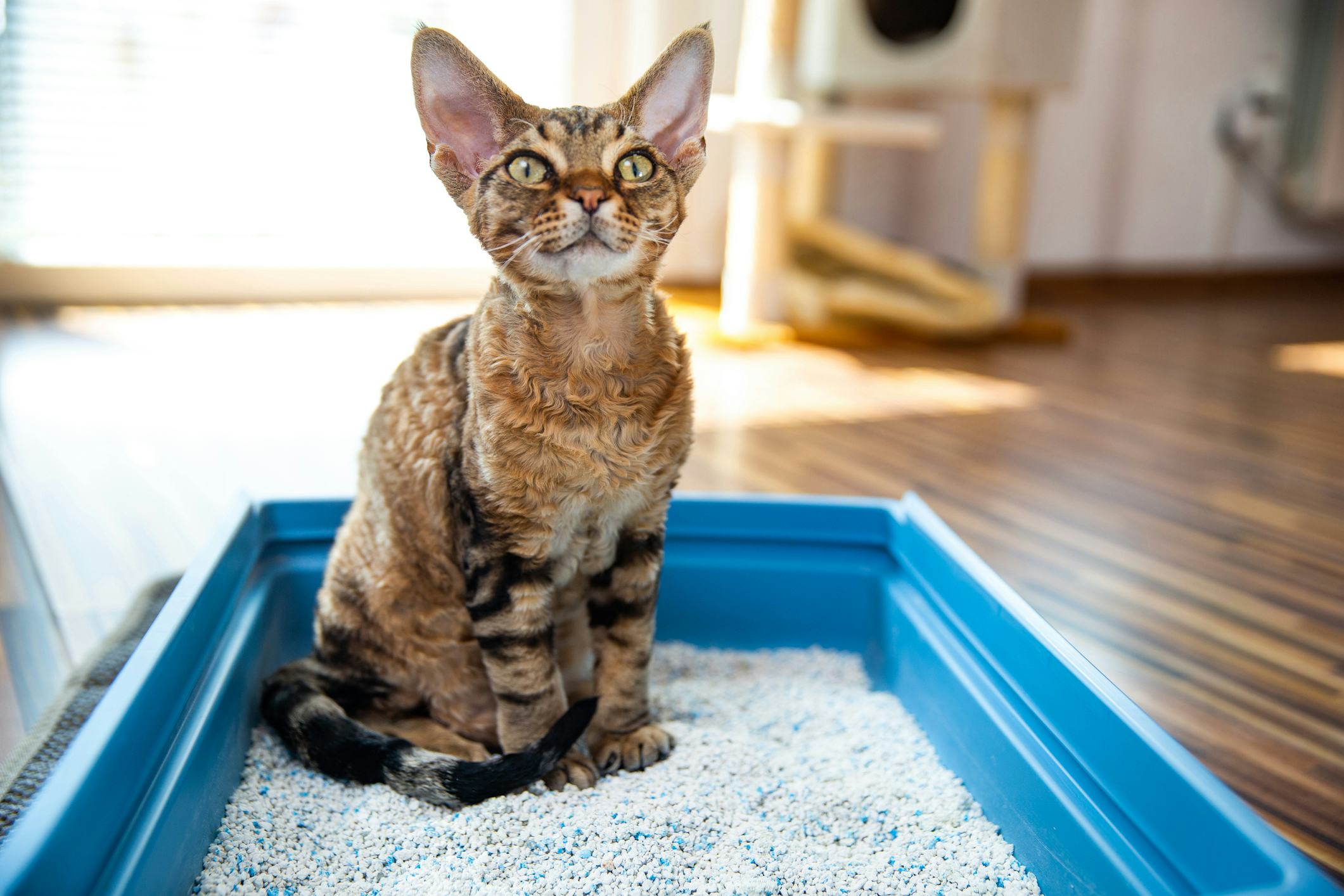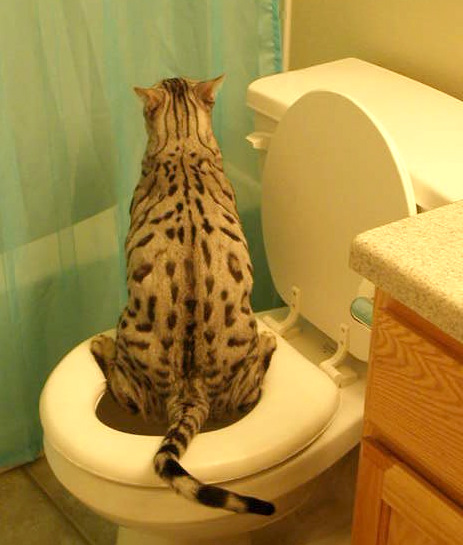Reasons Flushing Cat Poop Down Your Toilet May Cause Problems - Recommendations for Proper Disposal
Reasons Flushing Cat Poop Down Your Toilet May Cause Problems - Recommendations for Proper Disposal
Blog Article
Listed here in the next paragraph you'll find some first-rate additional info pertaining to Can You Flush Cat Poo or Litter Down the Toilet?.

Intro
As pet cat proprietors, it's vital to bear in mind just how we deal with our feline buddies' waste. While it may seem convenient to purge pet cat poop down the commode, this practice can have detrimental effects for both the atmosphere and human wellness.
Ecological Impact
Flushing pet cat poop introduces hazardous pathogens and bloodsuckers into the water, posing a substantial risk to water ecological communities. These pollutants can adversely influence aquatic life and compromise water quality.
Health and wellness Risks
Along with ecological worries, purging pet cat waste can additionally pose health threats to human beings. Feline feces may have Toxoplasma gondii, a parasite that can trigger toxoplasmosis-- a possibly extreme ailment, particularly for expecting females and individuals with damaged immune systems.
Alternatives to Flushing
Thankfully, there are much safer and extra liable methods to deal with pet cat poop. Consider the complying with alternatives:
1. Scoop and Dispose in Trash
One of the most usual technique of getting rid of pet cat poop is to scoop it right into a naturally degradable bag and throw it in the garbage. Make sure to use a specialized trash scoop and throw away the waste without delay.
2. Use Biodegradable Litter
Go with biodegradable feline clutter made from materials such as corn or wheat. These litters are environmentally friendly and can be safely thrown away in the garbage.
3. Hide in the Yard
If you have a lawn, think about burying feline waste in an assigned area away from vegetable yards and water resources. Be sure to dig deep adequate to prevent contamination of groundwater.
4. Mount a Pet Waste Disposal System
Purchase a pet garbage disposal system specifically created for cat waste. These systems utilize enzymes to break down the waste, reducing smell and ecological impact.
Verdict
Responsible family pet possession extends beyond supplying food and sanctuary-- it also includes correct waste monitoring. By refraining from flushing feline poop down the bathroom and going with alternative disposal methods, we can reduce our environmental footprint and secure human health and wellness.
Why You Should Never Flush Cat Poop Down the Toilet
A rose by any other name might smell as sweet, but not all poop is created equal. Toilets, and our sewage systems, are designed for human excrement, not animal waste. It might seem like it couldn’t hurt to toss cat feces into the loo, but it’s not a good idea to flush cat poop in the toilet.
First and foremost, assuming your cat uses a litter box, any waste is going to have litter on it. And even the smallest amount of litter can wreak havoc on plumbing.
Over time, small amounts build up, filling up your septic system. Most litter sold today is clumping; it is made from a type of clay that hardens when it gets wet. Ever tried to scrape old clumps from the bottom of a litter box? You know just how cement-hard it can get!
Now imagine just a small clump of that stuck in your pipes. A simple de-clogger like Drano isn’t going to cut it. And that means it’s going to cost you big time to fix it.
Parasitic Contamination
Believe it or not, your healthy kitty may be harboring a nasty parasite. Only cats excrete Toxoplasma in their feces. Yet it rarely causes serious health issues in the cats that are infected. Most people will be fine too if infected. Only pregnant women and people with compromised immune systems are at risk. (If you’ve ever heard how women who are expecting are excused from litter cleaning duty, Toxoplasma is why.)
But other animals may have a problem if infected with the parasite. And human water treatment systems aren’t designed to handle it. As a result, the systems don’t remove the parasite before discharging wastewater into local waterways. Fish, shellfish, and other marine life — otters in particular — are susceptible to toxoplasma. If exposed, most will end up with brain damage and many will die.
Depending on the species of fish, they may end up on someone’s fish hook and, ultimately on someone’s dinner plate. If that someone has a chronic illness, they’re at risk.
Skip the Toilet Training
We know there are folks out there who like to toilet train their cats. And we give them props, it takes a lot of work. But thanks to the toxoplasma, it’s not a good idea.

I discovered that page on Don’t flush cat feces down the toilet while surfing the web. Sharing is nice. Who knows, you may be doing someone a favor. Thanks for taking the time to read it.
This Page Report this page